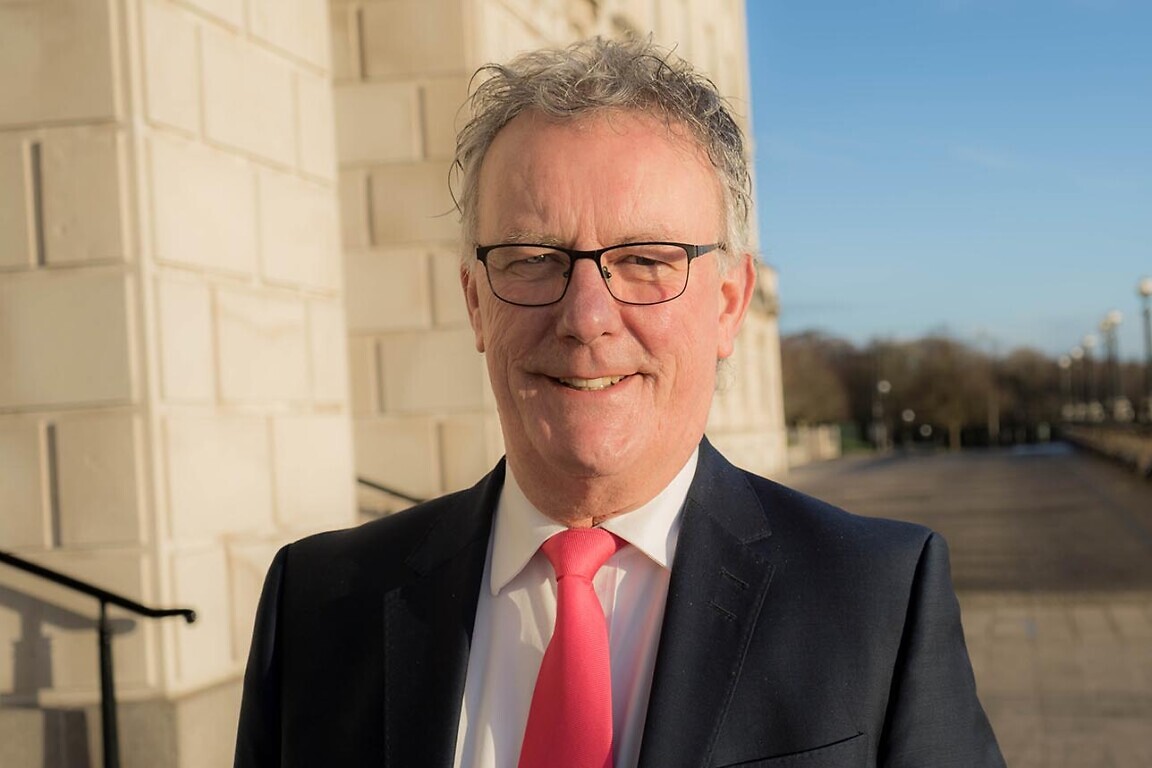The Health and Social Care Reset plan in Northern Ireland plans to shift more care from hospital to the community and save £300 million.
Northern Ireland health minister Mike Nesbitt has committed to establishing a neighbourhood-centred system of health and social care, bringing more services closer to communities.
The shift from hospital to community care echoes the British government’s 10 Year Health Plan, which was published in early July.
What is called the Health and Social Care Reset plan also sets out measures to counter unprecedented financial pressures, with a projected £600 million gap between available funding and the cost of maintaining existing services this year.
As Nesbitt told Healthcare Today in April: “The fundamental issue we face is that the health service now consumes just over 50% of the Northern Ireland Executive’s budget. Yet, when assessed against objective need, we actually need slightly more – a case that has proven exceedingly difficult to argue within a four-party mandatory coalition.”
The reset plan intends to build on the themes in the three-year strategic plan published by the minister in December last year: Stabilisation, Reform and Delivery.
Tackling health inequalities
The plan has seven priorities which include investing in primary care, community care and social care; delivering mental, physical and social healthcare in a joined-up way, and exploiting opportunities for research, supporting early adoption of new medical procedures and treatments; with the opportunity to attract the inward investment this brings.
Other priorities include adopting a whole systems approach to optimise the whole of Northern Ireland’s health and care workforce; maximising digital investment and the strategic use of data; as well as a number of what are normally called softer priorities, such as a focus on being effective and efficient with the resources available.
“This neighbourhood approach will help tackle health inequalities, and support individuals to look after their own health and well-being, while recognising that health interventions are only one element to improving well-being. Of equal importance are employment, housing, education and other important services delivered across government,” Nesbitt said.
“The reset plan represents the next steps in the outworking of my three-year strategic plan for health and social care, recognising that progress has been constrained by financial pressures,” he continued.
The plan is designed to achieve £300 million in savings in this financial year on top of the £200 million saved last year.
An ambitious plan
Nesbitt’s plan has been welcomed by the British Medical Association (BMA).
“This ambitious plan is consistent with every other reform and transformation plan over the last two decades. The minister is entirely correct that this is a watershed year for the NHS. It is long past time for proper action to save our health and social care services, which need whole system change, and ensuring we have staff and resources where we want our patients – close to home,” said chair of the BMA’s Northern Ireland council Alan Stout.
He warned, however, that it would be a challenge to deliver any of these commitments without engaging with doctors.
“A new neighbourhood model of care simply will not happen without first resolving the dispute with GP partners over the 2025/26 GMS contract as a matter of urgent priority,” he said.
In July, GPs partners in Northern Ireland voted overwhelmingly in favour of taking collective action for a better contract offer, which saw a turnout of 79.4% with 98.7% in favour of action.



